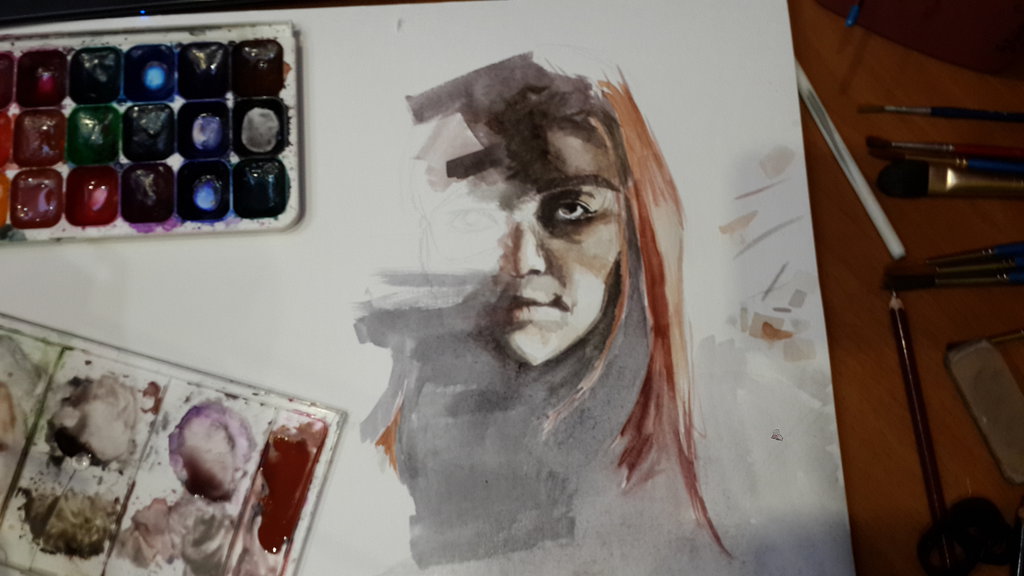This month we have a prompt aimed at helping you with a story or an idea you already have in progress. For those of you participating in NaNoWriMo, you can even include it in your word count! If you don’t have an idea in progress yet, use this prompt to create something new.
Think of a character you think needs development, or more backstory. What flaws does this character have? Are there any specific flaws you’d like to explore further, or bring more to the surface? Does your character need a flaw?
A character flaw is a coping mechanism that arises from the loss of an original state of perfection that occurred in the character’s backstory. Her flaw is designed to compensate for perceived vulnerability and a sense of insecurity. No matter how confident, every major character demonstrates lessons learned from the wound inflicted in her backstory that are now lodged in her core belief system.
– The Plot Whisperer Book of Writing Prompts: Easy Exercises to Get You Writing, Martha Alderson
Backstory is something writers mostly leave out of the final edit. Just as you don’t have to see the stone to know from a ripple that something has disturbed a pool of water, you don’t have to know everything that has ever happened to a character to understand how they have been affected. You must be able to see it in the story itself. However, it would be a mistake for a writer to craft a story and never do any exploratory writing of a character’s backstory. Sometimes a writing exercise such as this could lead to something you may want to include, such as a flashback or a compulsive tendency; but regardless it gives you a way to explore and understand a character further, which helps to inform your writing of them.
Why does your character have a certain flaw? What happened to make this character feel vulnerable or insecure in such a way that led to them having this flaw? Write a scene which resulted in this trait.
If you can, set your flash fiction piece completely outside the story you are currently writing. It could happen before the time in which your story takes place, and inform the actions or decisions your character makes within the narrative. Or, if you want to get a little complex, it could happen during or after the story, and never be revealed. In the latter option, explore how would your character would respond to a situation completely separate from your story.
Responses:
On Becoming a Man by Marg Roberts
Happy by E.M. Killaley


